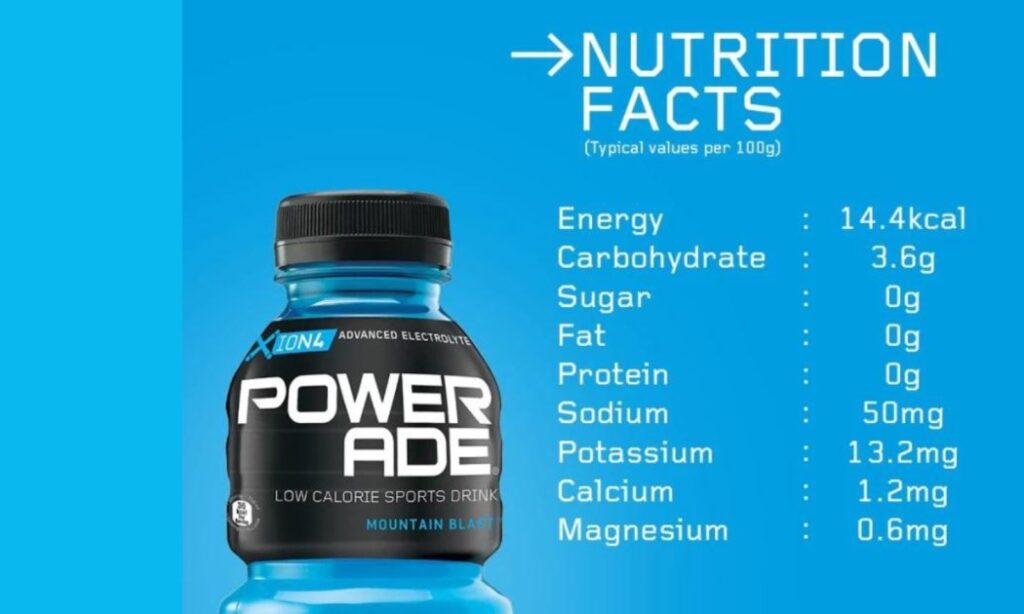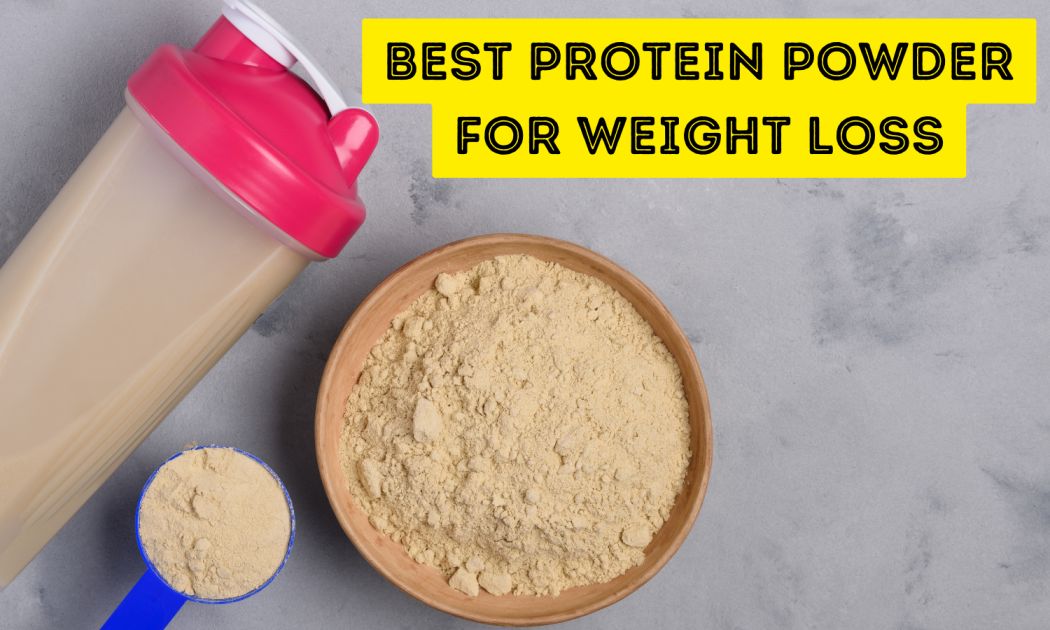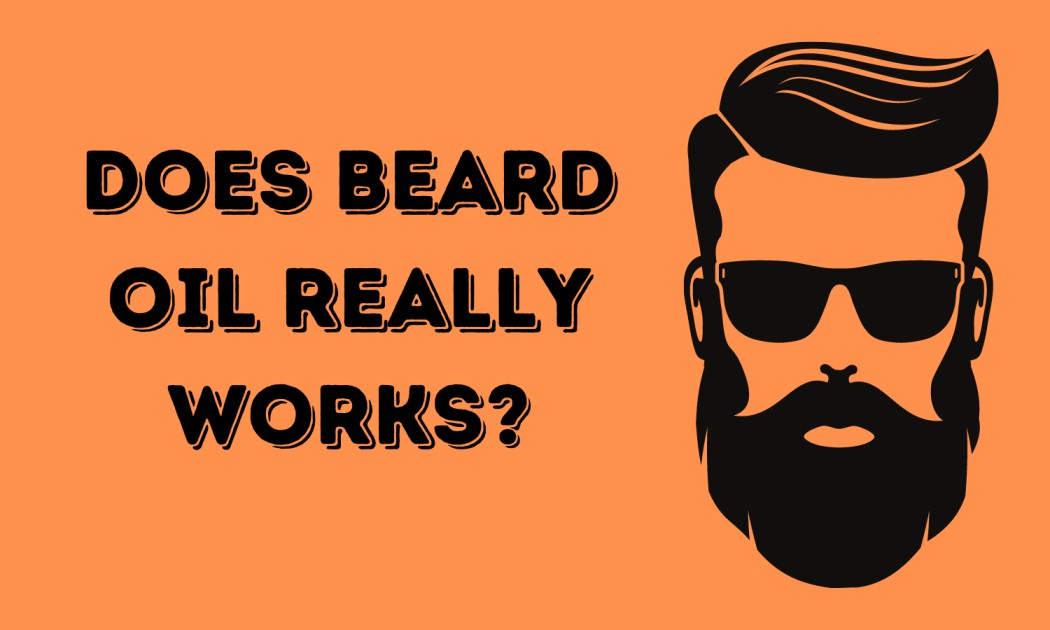In the realm of hydration solutions, Powerade stands as a stalwart companion for athletes and fitness enthusiasts alike. Its vibrant array of flavors and promise of electrolyte replenishment have made it a go-to choice for those seeking to rehydrate after intense physical activities. Yet, amid the buzz surrounding this popular sports drink, a pertinent question often arises: does Powerade have caffeine? Join us as we delve into the depths of Powerade’s ingredients, unraveling the mysteries behind its formulation to provide a definitive answer to this caffeine-related inquiry. Whether you’re a devoted Powerade consumer or a curious onlooker, this exploration aims to shed light on the caffeine content, addressing common misconceptions and guiding you toward an informed choice for your hydration needs.
What is Powerade?

Powerade, a well-known sports drink crafted by The Coca-Cola Company, has cemented its place as a staple in the world of hydration. Formulated to aid in the replenishment of fluids and essential electrolytes lost during physical exertion, Powerade serves as a trusted companion for athletes, fitness enthusiasts, and anyone seeking a refreshing way to hydrate.
Unlike ordinary beverages, Powerade is engineered to go beyond simple rehydration. It boasts a carefully crafted blend of electrolytes, including sodium and potassium, crucial in maintaining fluid balance and supporting muscle function. This targeted approach makes Powerade particularly effective for strenuous activities, helping them recover and perform at their best.
Mention of Popular Flavors and Variations
Powerade’s appeal extends beyond its functional benefits to diverse, enticing flavors. The brand caters to a spectrum of taste preferences, from the classic Fruit Punch to the more exotic White Cherry. Each flavor offers a unique sensory experience, making Powerade a practical choice for hydration and a flavorful one.
The variations in flavor allow consumers to tailor their beverage choices to their liking, ensuring a refreshing and enjoyable experience with every sip. Whether you lean towards the traditional or have a penchant for the adventurous, Powerade’s lineup has something for everyone, making it a versatile option for sports drinks.
Understanding Caffeine
Caffeine, a familiar companion in many beverages, is a natural stimulant in the methylxanthine class of compounds. It is commonly found in various plants, with coffee beans, tea leaves, and cacao seeds being some of the primary sources. Caffeine’s stimulating effects are well-known; it acts on the central nervous system, temporarily warding off drowsiness and restoring alertness.
Caffeine often serves as a key ingredient, contributing to the stimulating properties of drinks like coffee, tea, and certain sodas. Its presence can provide a welcomed boost in energy and focus, making it a popular choice for those seeking a pick-me-up during the day.
Caffeine in Beverages
While caffeine can offer benefits such as increased alertness, some may harbor concerns about its beverage consumption. Common reasons for apprehension include:
Sensitivity and Tolerance:
Some people are more sensitive to caffeine than others, experiencing jitteriness, increased heart rate, or difficulty sleeping even with small amounts. Tolerance to caffeine can also vary among individuals.
Health Considerations:
Individuals with certain health conditions, such as cardiovascular issues or anxiety disorders, may need to monitor their caffeine intake more closely. Excessive caffeine consumption can potentially exacerbate these conditions.
Pregnancy and Certain Populations:
Pregnant individuals and certain populations, such as children and adolescents, may be advised to limit caffeine intake. High caffeine intake during pregnancy has been associated with potential risks.
Understanding these concerns is crucial for making informed choices about beverage consumption, prompting us to explore whether Powerade, a popular sports drink, contains caffeine and addressing the implications for different groups of consumers.
Powerade Ingredients

Powerade’s effectiveness as a sports drink stems from its thoughtfully curated ingredient list. While formulations may vary slightly across flavors, a typical Powerade beverage includes the following:
Water:
The primary base for hydration, water serves as the essential foundation for Powerade.
Sweeteners:
Various sweeteners are added to enhance the drink’s palatability. Depending on the specific formulation, these can include high-fructose corn syrup, sucrose, or other sugar substitutes.
Electrolytes:
A defining feature of Powerade is its electrolyte content, particularly sodium and potassium. These minerals are pivotal in maintaining proper fluid balance and supporting muscle function.
Acidulants:
Acidulants such as citric acid are commonly added to achieve a balanced flavor profile.
Flavorings:
Powerade’s diverse range of flavors comes from natural and artificial flavorings, allowing consumers to choose options that suit their tastes.
Emphasis on Key Components Like Electrolytes and Sugars
Electrolytes:
Including electrolytes, notably sodium and potassium, sets Powerade apart from conventional beverages. These minerals aid in replenishing electrolytes lost through sweating during physical activity, helping to prevent dehydration and muscle cramping.
Sugars:
While Powerade may contain sugars for added sweetness, the amount varies among flavors and formulations. Consumers need to be mindful of their sugar intake, especially regarding overall dietary habits.
Understanding the interplay of these ingredients provides insight into how Powerade supports hydration and recovery during and after exercise. The combination of electrolytes, fluids, and flavors makes Powerade a compelling choice for those seeking a convenient and effective sports drink.
Caffeine Content in Powerade
One of the defining characteristics of Powerade is its absence of caffeine. Unlike some energy drinks or caffeinated beverages, Powerade is intentionally formulated to provide hydration without the stimulant effects of caffeine. This makes it suitable for those looking to rehydrate without the added boost associated with caffeinated drinks.
Caffeine-sensitive individuals or those seeking a beverage option for hydration without the stimulating effects can confidently turn to Powerade, knowing that it does not contribute to their caffeine intake.
Caffeine Content Across Different Flavors or Versions
Consistency is a hallmark of Powerade’s formulation regarding caffeine content. Across its various flavors and versions, Powerade maintains a caffeine-free profile. This uniformity ensures that consumers can make their flavor choices based on personal preferences without factoring in caffeine content differences.
The absence of caffeine in all Powerade varieties aligns with the brand’s commitment to providing a sports drink that focuses on electrolyte replenishment and hydration without introducing stimulants.
As you reach for your preferred flavor of Powerade, you can do so with the assurance that you are choosing a beverage designed to support your hydration needs without the influence of caffeine. This clarity on caffeine content simplifies the decision-making process for consumers. It reinforces Powerade’s identity as a reliable sports drink.
Comparison with Other Sports Drinks
In the realm of sports drinks, understanding the nuances of each beverage can be pivotal in making an informed choice. Let’s delve into how Powerade stacks up against other popular sports drinks, particularly regarding caffeine content.
Powerade:
Powerade distinguishes itself by being caffeine-free across all its flavors and versions. This sets it apart from certain energy drinks and caffeinated sports beverages, catering to those who prioritize hydration without the stimulating effects of caffeine.
Gatorade:
Gatorade, another prominent sports drink, also does not typically contain caffeine. Like Powerade, Gatorade focuses on electrolyte replenishment and hydration, making it a suitable choice for athletes and fitness enthusiasts.
Energy Drinks:
It’s important to note that some energy drinks, distinct from traditional sports drinks, often contain caffeine as a key ingredient. These beverages are formulated to provide a quick energy boost. They may not align with the hydration-focused goals of sports drinks like Powerade.
Highlighting Any Significant Differences
The absence of caffeine in Powerade becomes a significant differentiator when comparing Powerade with other sports drinks. For individuals seeking a beverage solely for hydration and electrolyte replenishment without the added effects of caffeine, Powerade emerges as a clear choice.
Understanding the differences in caffeine content allows consumers to align their beverage choices with their specific needs and preferences. Whether you’re reaching for a sports drink to support your workout or to quench your thirst, the comparison sheds light on the unique qualities that make Powerade a standout option in the diverse landscape of sports beverages.
Conclusion
In unraveling the query, “Does Powerade have caffeine?” we’ve navigated the landscape of hydration, electrolytes, and sports drinks. The verdict is clear: Powerade is caffeine-free. With a meticulous blend of ingredients emphasizing electrolytes and a spectrum of flavors, Powerade caters to diverse tastes while prioritizing hydration during and after physical activities.
Our exploration illuminated the concerns surrounding caffeine, acknowledging individuals’ varying sensitivities and health considerations. Powerade’s caffeine-free composition addresses these concerns and positions itself as a distinctive choice in a market where caffeinated options abound.
Comparisons with other sports drinks underscored Powerade’s commitment to hydration without the stimulating effects of caffeine. In a world where energy drinks often dominate the conversation, Powerade emerges as a refreshing alternative, offering effective electrolyte replenishment without compromise.
In essence, for those seeking a reliable sports drink aligned with their hydration goals, the resounding clarity is that Powerade stands apart — a beacon of refreshment and replenishment, unwaveringly caffeine-free.
Read More:


